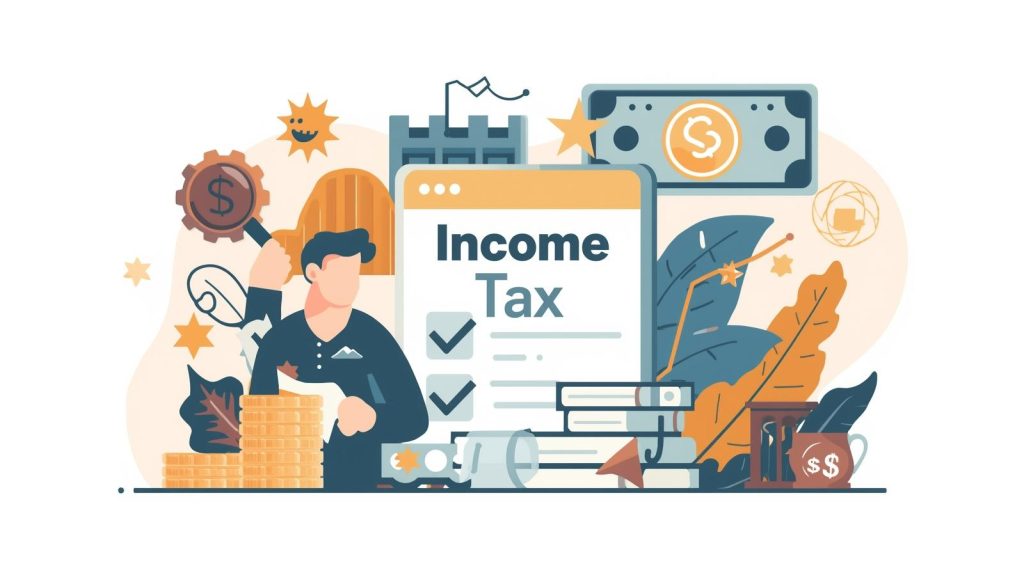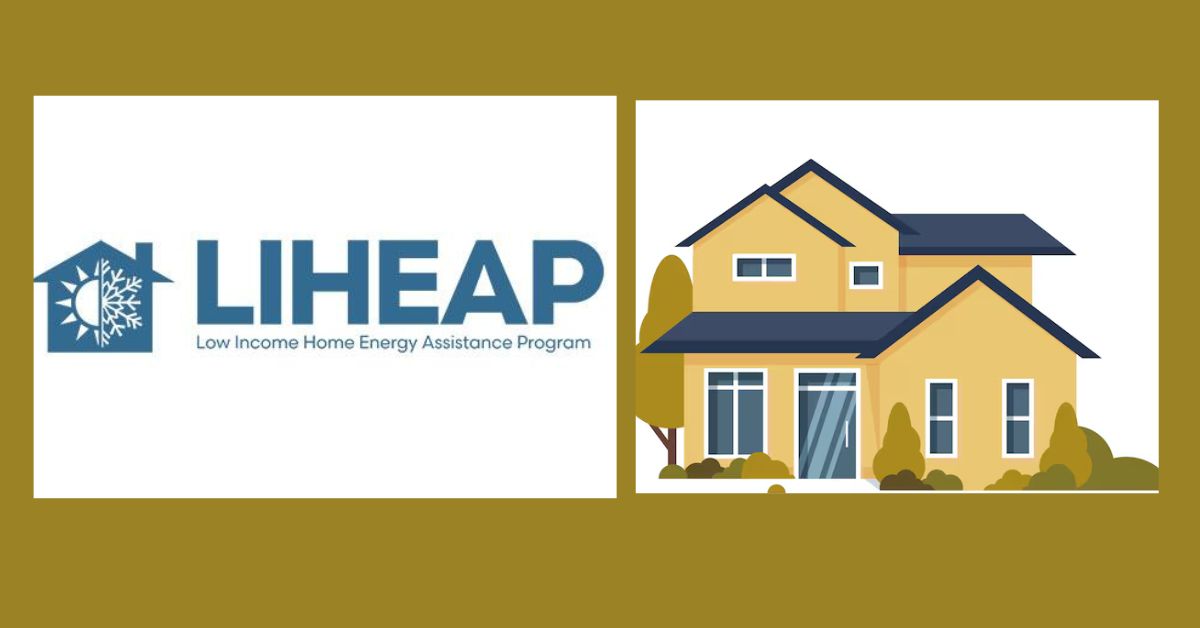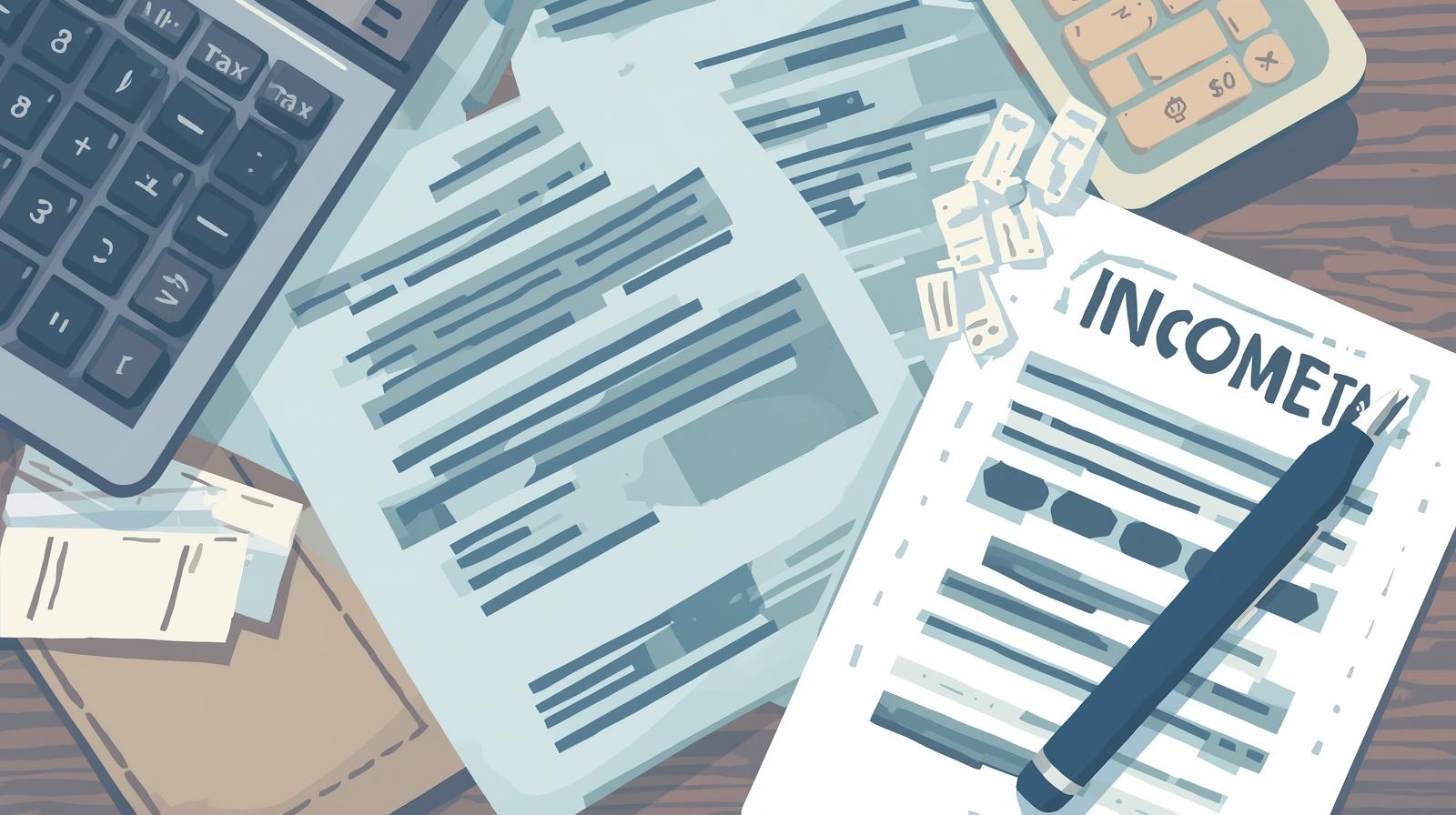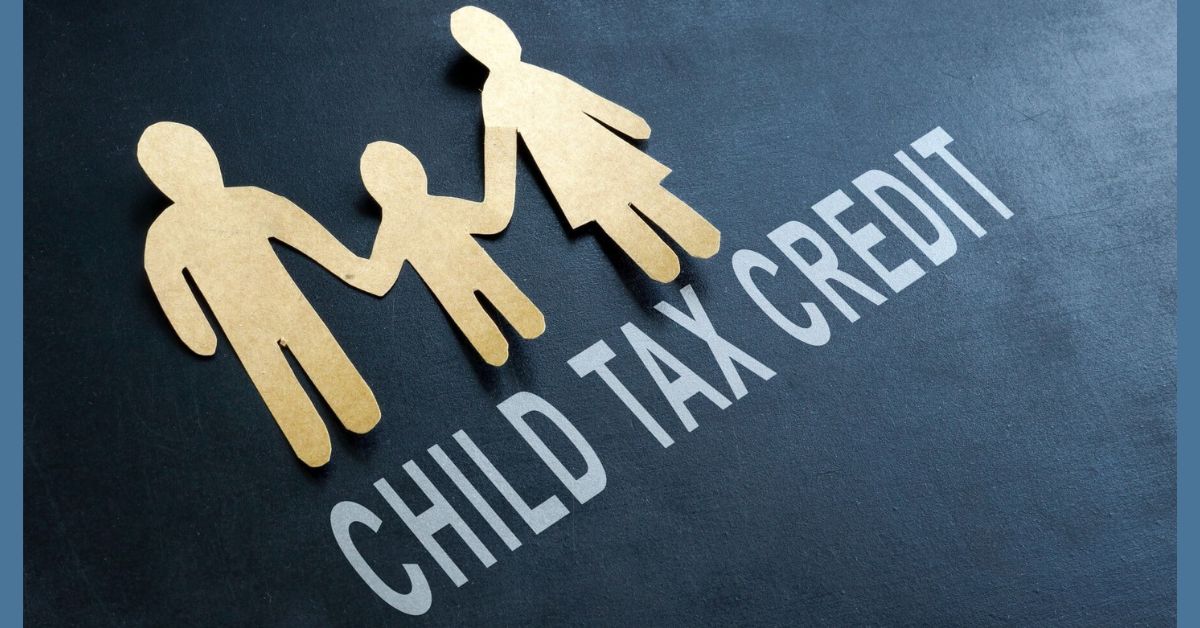The Union Budget 2025 has changed how people in India look at income tax. The government has raised the basic exemption limit and updated the new tax regime slab rates to make tax filing easier and reduce the burden for middle-class taxpayers.
At the same time, the old tax regime is still available, giving many deductions and exemptions for those with home loans, insurance, or other big financial commitments. This means taxpayers must carefully decide which system works best for them.
This guide compares both regimes, explains the new rules, and shows who benefits most from each system.

Union Budget 2025: Key Tax Updates
The 2025 Budget brought major changes in personal income tax under the new regime:
- Higher Exemption Limit: Income up to ₹12 lakh is tax-free. Salaried employees also get a ₹75,000 standard deduction, raising the limit to ₹12.75 lakh.
- Revised Slab Rates: Seven tax slabs now start at 0% for up to ₹4 lakh and go up to 30% for incomes above ₹24 lakh.
- Old Regime Unchanged: Exemption limits remain at ₹2.5 lakh, ₹5 lakh, and ₹10 lakh.
- Deductions & Exemptions:
New Regime: Only the standard deduction is allowed.
Old Regime: Taxpayers can claim HRA, LTA, 80C (PPF, ELSS, etc.), 80D (medical insurance), housing loan interest, and more.
Income Tax Slabs 2025–26
New Tax Regime
| Income Range (₹) | Tax Rate |
|---|---|
| 0 – 4,00,000 | 0% |
| 4,00,001 – 8,00,000 | 5% |
| 8,00,001 – 12,00,000 | 10% |
| 12,00,001 – 16,00,000 | 15% |
| 16,00,001 – 20,00,000 | 20% |
| 20,00,001 – 24,00,000 | 25% |
| Above 24,00,000 | 30% |
👉 Salaried taxpayers: No tax up to ₹12.75 lakh (after standard deduction).
Old Tax Regime
| Income Range (₹) | Tax Rate |
|---|---|
| 0 – 2,50,000 | 0% |
| 2,50,001 – 5,00,000 | 5% |
| 5,00,001 – 10,00,000 | 20% |
| Above 10,00,000 | 30% |
👉 Extra benefits: ₹50,000 standard deduction, 80C/80D deductions, HRA/LTA exemptions, and ₹2 lakh home loan interest deduction.
Comparison of the Two Regimes
Exemption Limits and Slabs
- New Regime: Higher tax-free income and gradual tax rates → good for middle-income earners.
- Old Regime: Lower base exemption but allows large tax savings through deductions.
Documentation
New Regime: Simple, almost no paperwork.
Old Regime: Requires proofs of investments, rent receipts, and insurance.
Flexibility
- New Regime: More cash in hand since no need to lock money in tax-saving schemes.
- Old Regime: Good for those already investing in PPF, insurance, or paying high EMIs.
Who Benefits From Each Regime?
Old Regime is Better For:
- People with deductions above ₹5–8 lakh.
- Home loan borrowers with large EMIs.
- Senior citizens (extra slab benefits available only here).
New Regime is Better For:
- Salaried people earning up to ₹12.75 lakh (no tax).
- Those who don’t invest much in tax-saving products.
- High-income earners with fewer deductions.
- Professionals and young earners who prefer quick, simple filing.
Example Scenarios
Income ₹13 lakh (salaried)
- New Regime: No tax (after ₹75,000 deduction).
- Old Regime: Competitive only if deductions are above ₹2–3 lakh.
Income ₹20 lakh
- New Regime: Tax on ₹19.25 lakh at 20%.
- Old Regime: Saves more only if deductions exceed ₹4–5 lakh.
Income ₹35 lakh
- New Regime: Cheaper if deductions are below ₹8 lakh.
- Old Regime: Better if deductions are higher than ₹8 lakh.
Key Points to Consider
- Deductions: Old regime works best if you claim high deductions.
- Income Level: New regime is more attractive for middle-class taxpayers.
- Ease of Filing: New regime means less paperwork.
- Flexibility: Salaried taxpayers can switch every year. Business taxpayers face limits.
Old vs New Income Tax Slabs FAQs
File Form 10-IEA while submitting your tax return.
No. The new regime has the same slab for everyone.
No. HRA, LTA, and most other exemptions are not available.
Yes. But business taxpayers can’t switch freely.
Usually when deductions are above ₹8 lakh for incomes above ₹24–25 lakh.








